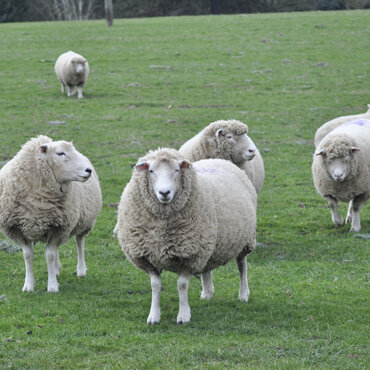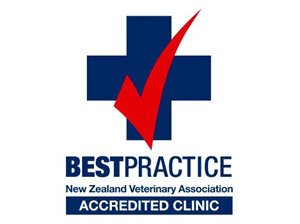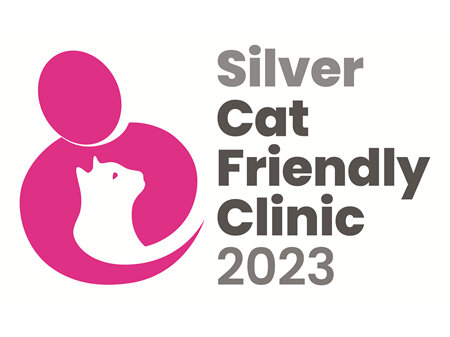Franklin Vets
Franklin Vets - excellence in veterinary care for dairy, farming, lifestyle, equine and household pets. BESTPRACTICE ACCREDITED NZ.
Your account is powered by Storbie. To edit your profile visit my.storbie.com
Your account is powered by Storbie. To edit your profile visit my.storbie.com

Lifestyle farmers should be aware of this disease syndrome because the chances of a successful outcome rapidly decrease if signs are not picked up early and treatment is delayed.
Pregnancy toxaemia arises when pregnant ewes are underfed in the latter stages of gestation. This can result from prolonged underfeeding due to a lack of feed. It can also be caused by sudden bouts of decreased intake because of inclement weather or health conditions restricting the ability to graze, such as footrot, parasites and dental problems.
When animals are not supplied with enough energy, they begin to break down their own body fat to use as fuel. This begins a cascade of detrimental metabolic reactions that may, ultimately, result in death.
The first things you may notice as a ewe becomes affected by pregnancy toxaemia are:
Without treatment, they will progressively worsen with:
Animals then become recumbent, ‘star gaze’ and eventually comatose before dying. The prognosis for ewes showing nervous signs, or those that are already down, is poor, even with treatment.
Early treatment is vital, but prevention is better than cure, so ensure your flock is not underfed in the final stages of pregnancy. Our vets will be happy to provide expert advice about how much ewes require and how to go about getting extra feed into them if required. If any early signs of pregnancy toxaemia are noticed daily treatments with oral energy drenches, such as Ketol, may be enough for mild cases. However, if ewes are showing advanced signs of disease, our vets can provide the best chance for a successful outcome – we can give dextrose into the vein, steroids and fluid therapy in more serious cases.
Dr Jennifer Stone BVSc (Dist)
Franklin Vets - excellence in veterinary care for dairy, farming, lifestyle, equine and household pets. BESTPRACTICE ACCREDITED NZ.



